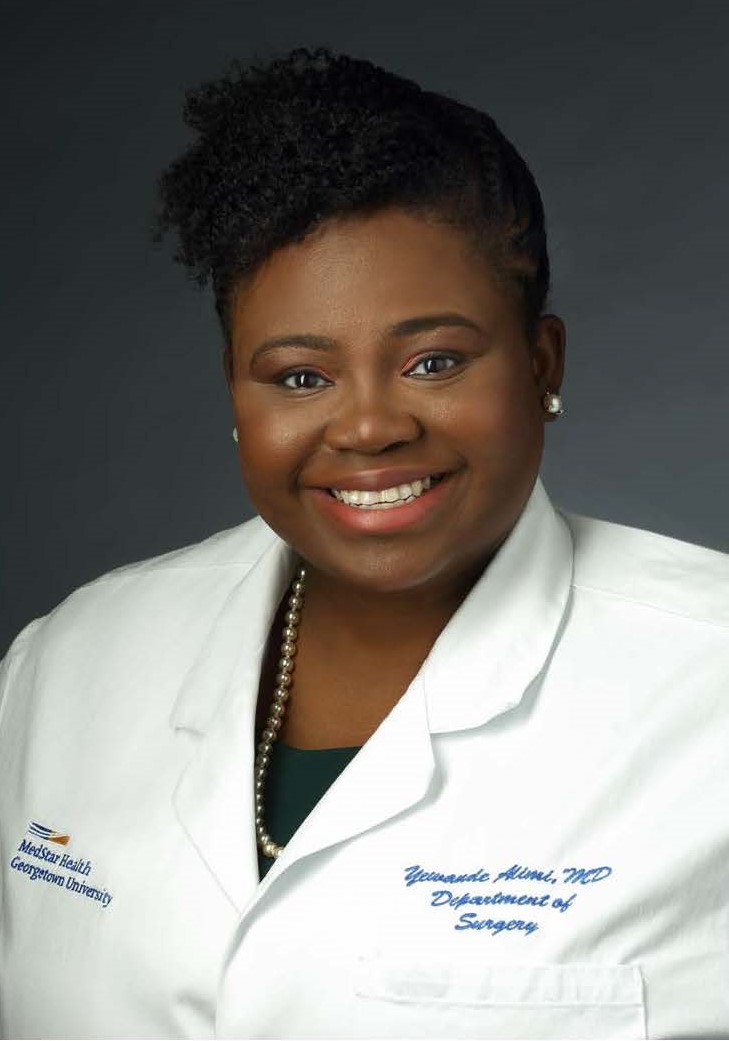Social media has created an opportunity for physicians to engage with each other and with patients like never before. However, it also comes with risks that can jeopardize one’s reputation and career, according to Yewande Alimi, MD, general surgeon at MedStar Georgetown University Hospital, who spoke about the pitfalls of social media at Digestive Disease Week® (DDW) 2023.

“Social media is part of the public arena,” said Dr. Alimi. “We like to think that what we do outside of work is part of our private life, but social media activity can negatively affect your reputation among patients and colleagues and have consequences for your career.”
Dr. Alimi shared several examples of physicians being fired after sharing inappropriate pictures, posts or patient information. She outlined three potential pitfalls that physicians should be aware of when communicating on social media.
- Posting specific information about your workday can compromise patient confidentiality. “If you choose to post information about your workday that is fairly unique, patients might be able to recognize that it’s about them,” said Dr. Alimi. She shared several examples of physicians facing professional consequences because they posted information that could ultimately be linked to a specific patient.
- Unprofessional tone or language can jeopardize your reputation among patients and colleagues. “Everyone needs to vent sometimes,” said Dr. Alimi. “But social media, which is ultimately a public forum, is not the place. Patients don’t want to see us talking about them behind their backs. And if you post about your institution, it will ultimately make it back to your administrators and could reflect poorly on you.”
- Spreading information without adequate context can lead to misinformation. “The sheer volume of information, often without relevant context, can make it difficult for people to know what to focus on and know what is true,” she said. “When you share something and you have a title behind your name, people tend to take it as fact.”
To help physicians navigate appropriate use of social media, several organizations have published recommendations. Many universities and institutions also have their own social media policies. Dr. Alimi shared some of these considerations based on her own experience, as well as recommendations from the AMA and the Federation of State Medical Boards.
- Consider the lead time when posting about events from your workday.
- Keep your tone professional and maintain appropriate boundaries.
- Protect your personal information and content by using privacy settings, while recognizing that privacy settings are not absolute.
- Monitor your internet presence to ensure that content associated with you is accurate and appropriate.
- Follow ethical guidelines on confidentiality, privacy and informed consent when using social media for educational purposes or to exchange information professionally.
- Be transparent with patients. Let them know if you will be recording procedures and get informed consent if there is a chance their images or videos will be distributed — even if they are unidentifiable.
- Avoid dispensing medical advice online.
- Know your institution’s social media policy.
“When we put information out into the world, it goes into a deep void,” Dr. Alimi said. “It’s hard to control the narrative and can be difficult to provide complete context. We should always err on the side of professionalism and transparency.”
Dr. Alimi gave the oral presentation, “Pitfalls of social media” on Tuesday, May 9, at 9:54 p.m. CDT as part of the SSAT panel discussion, “Social media: I post, therefore I am.”
If you attended DDW, your registration includes access to a recording of this session, available to watch at your convenience until May 17, 2024. Non-attendees can also purchase access to DDW On Demand.


